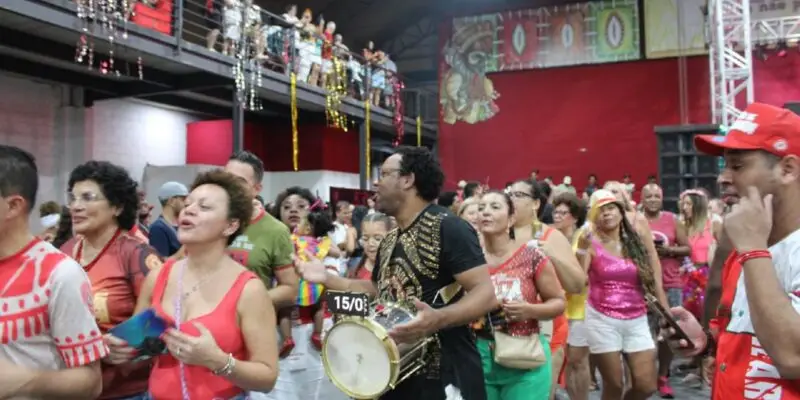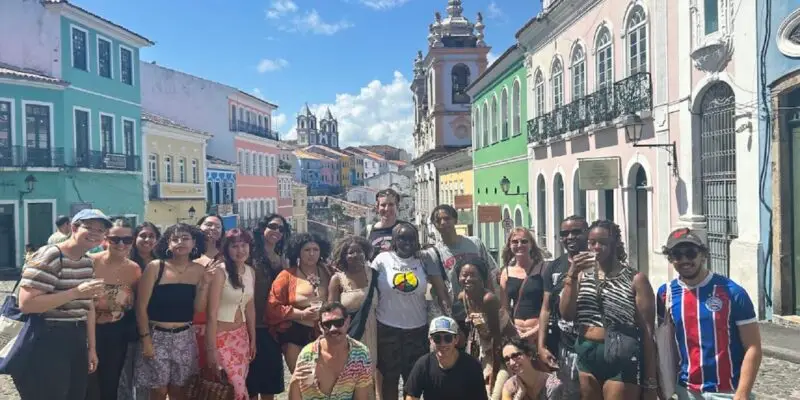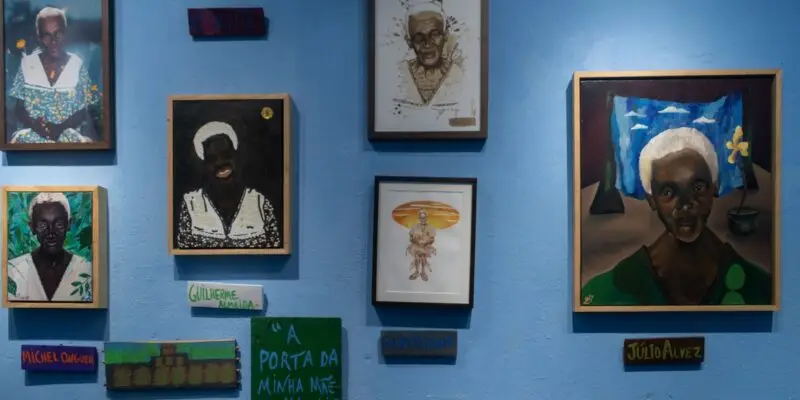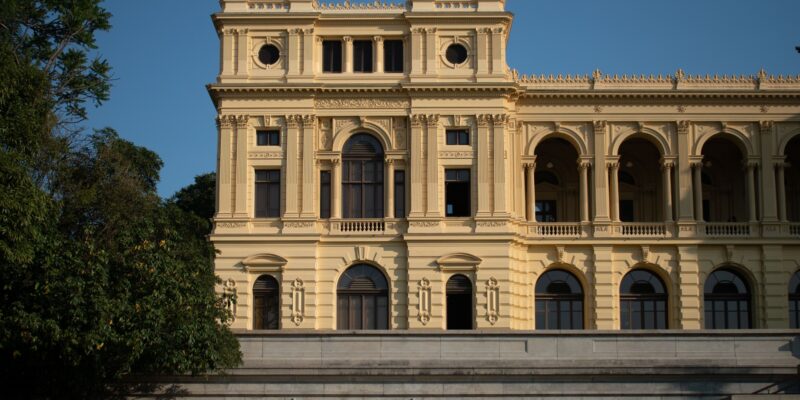
CET Brazil: Samba, São Paulo Museum of Art, and More
Photos taken by Elinor Ketelhohn (Columbia University), Student Correspondent for CET Brazil (Social Justice), Spring 2025 São Paulo Museum of Art Exploring the iconic São Paulo Museum of Art

5 Provérbios Brasileiros (Brazilian Proverbs) That I’m Taking Back to the States with Me
Written by Ashton Brown, (Howard University), Student Correspondent for CET Brazil, (Business at FGV track), Spring 2025 One of the greatest ways to learn a language is to

Money Talks, Keeping it Real, and Why CET and FGV are the Places to Be
Written by Ashton Brown, (Howard University), Student Correspondent for CET Brazil, (Business at FGV track), Spring 2025 It’s Monday at 12:50pm. I just got out of Portuguese class

São Paulo’s Historic Heart: From the Streets of Liberdade to the Art of Capoeira
Photos taken by Elinor Ketelhohn (Columbia University), Student Correspondent for CET Brazil (Social Justice), Spring 2025 Liberdade Neighborhood Exploring Liberdade—São Paulo’s vibrant Japanese neighborhood, shaped by the migration

The Village of Tekoa Pyau
Photos taken by Kennedy Campbell (Kalamazoo College), Student Correspondent for CET Brazil, Fall 2024 Day 1: Arrival and Introduction to Village Life About half an hour outside of

Excerpts from a Living Dictionary: 10 Words and Expressions in Portuguese
Written by Martha Denton, (University of Minnesota), Student Correspondent for CET Brazil, (USP track), Fall 2024 As my time in Brazil comes to a close, I’ve been reflecting

Pelourinho | A Week in Salvador, Brazil
Photos taken by Kennedy Campbell (Kalamazoo College), Student Correspondent for CET Brazil, Fall 2024 Day 2 On Sunday, we took a guided tour through the historic district of

A Day in the Life of an Exchange Student at Universidade de São Paulo (USP)
Written by Martha Denton, (University of Minnesota), Student Correspondent for CET Brazil, (USP track), Fall 2024 When I first learned about the University of São Paulo in my

Studying Brazilian Portuguese: The Case for São Paulo Over Rio
Written by Martha Denton, (University of Minnesota), Student Correspondent for CET Brazil, (USP track), Fall 2024 When you think of Brazil, the first thing that comes to mind

Places Around Brazil
Photos taken by Kennedy Campbell (Kalamazoo College), Student Correspondent for CET Brazil, Fall 2024 Parque da Água Branca On Thursday, our second class of the day was canceled,